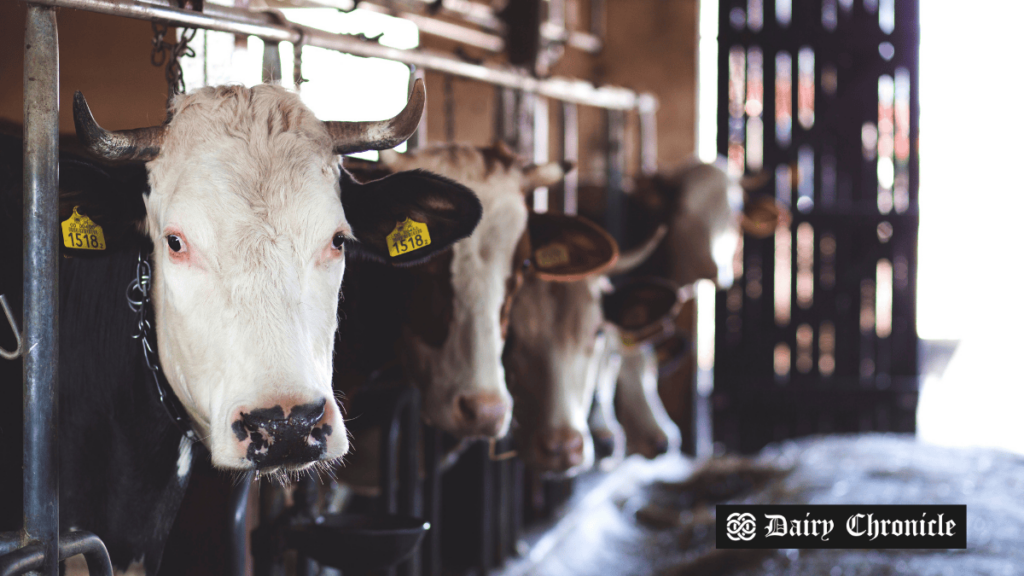Arla Foods, headquartered in Aarhus, Denmark, is one of the world’s largest dairy cooperatives, supplying dairy products across Europe and beyond. Despite positioning itself as a sustainability leader, a recent report has accused the company of greenwashing and failing to take sufficient climate action. The report highlights Arla’s lobbying efforts, weak emission reduction targets, and misleading marketing campaigns, raising concerns over its true commitment to environmental responsibility.
Arla Foods, headquartered in Aarhus, Denmark, is among the world’s largest dairy cooperatives, distributing dairy products across Europe and internationally. A recent investigative report has accused the company of misleading sustainability claims, weak climate action, and extensive lobbying efforts to influence regulations in its favor. The report, based on public documents and farmer interviews, criticizes Arla’s approach to reducing its greenhouse gas emissions, particularly methane, a potent contributor to climate change.
Emissions and Greenwashing Concerns
Methane emissions from livestock farming are a significant driver of global warming, and Arla has pledged to reach net-zero emissions by 2050. However, the report alleges that the company lacks clear reduction targets for non-CO2 emissions like methane and instead relies on speculative technological advancements. While Arla has committed to a 63% reduction in absolute greenhouse gas emissions in Scopes 1 and 2 by 2030, its Scope 3 emission reduction targets focus only on intensity rather than absolute reductions.
Additionally, Arla’s net-zero marketing campaign in Sweden, Denmark, and the Netherlands claimed carbon neutrality for its milk products, including methane emissions from cows. This campaign was met with backlash, leading to legal action in Sweden, where the company lost a case filed by the Swedish Consumer Ombudsman.
Questionable Sustainability Initiatives
Arla promotes technological solutions such as feed additives and biogas as part of its climate strategy, but critics argue that these efforts are inadequate. According to the report, Arla invests around €200 million annually in sustainability initiatives, compared to €240 million in marketing. Biogas, a key component of its strategy, is estimated to offset only 2.6% of Arla’s emissions per kilogram of milk, with a maximum potential reduction of 15%.
Furthermore, Arla’s FarmAhead Check Tool and FarmAhead Sustainability Incentive initiative aim to track farm-level carbon footprints and reward farmers for emission reductions. However, small and medium-sized farmers have criticized these programs for pushing them toward industrialized dairy production rather than truly sustainable practices.
Lobbying Efforts to Influence Climate Policy
The report also highlights Arla’s lobbying activities within the European Union. The company has been involved in influencing EU policies, including efforts to exclude agriculture from the Methane Strategy and prevent alternative dairy products from accessing school food programs. Critics argue that such actions undermine effective climate legislation and hinder progress toward reducing emissions from the dairy industry.
Calls for Greater Transparency and Accountability
The report calls on Arla to adopt more stringent climate targets, including a specific methane reduction plan and a transition toward plant-based dairy alternatives. It also urges the company to disclose its lobbying expenditures and sever ties with industry associations that work against meaningful climate policies.
As the debate over the role of the dairy industry in climate change intensifies, Arla faces mounting pressure to demonstrate genuine commitment to sustainability. The findings of this report raise critical questions about whether the company’s environmental pledges are meaningful or merely a smokescreen to protect its market dominance.
